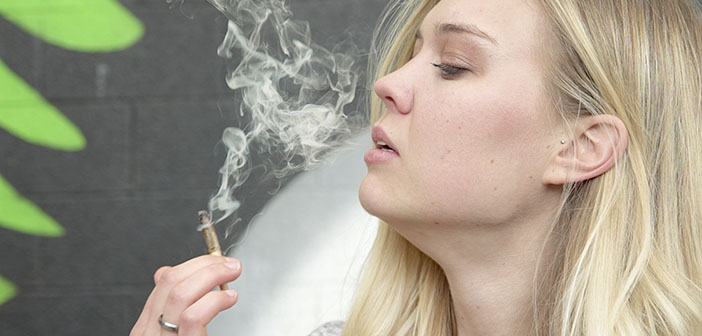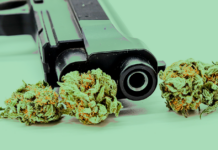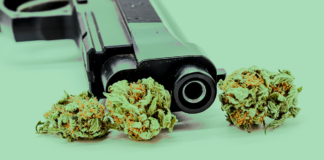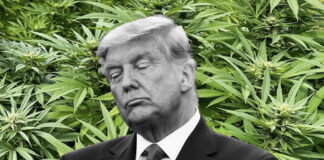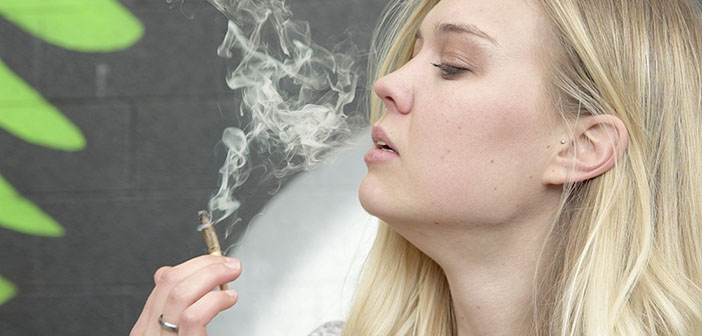
By, Mike Catalini
TRENTON, N.J. (AP) — New Jersey’s medical cannabis program has double the number of participating patients since Democratic Gov. Phil Murphy took office in January 2018, his administration said Oct. 22, 2018.
Murphy said the decade-old program, which began under Democratic Gov. Jon Corzine, has taken “incredible strides” in recent months with the addition of new covered conditions and a plan to double the number of treatment centers to 12.
The expansion to 34,000 patients came after Murphy added five conditions to the list of covered illnesses in March, including anxiety, migraines, Tourette’s syndrome and two types of chronic pain, according to Health Department Commissioner Dr. Shereef Elnahal. In the last three months alone, Elnahal said 9,000 patients have been added.
The department said 800 doctors, up from 500, are now participating in the program.
Elnahal said the department is also considering prescribing marijuana to treat opioid-use disorder.
The influx of new patients comes as the state is prepping for six new medical marijuana treatment facilities with two in each region.
This is just the latest sign of growth for the medical marijuana program, which was stagnated under former Republican Gov. Chris Christie, who was slow to implement it and opposed recreational cannabis legalization.
But it’s no surprise Murphy revved up support for it following a pledge to expand the program when he took office. He also said he planned to legalize recreational cannabis, a measure that is still working its way through the Democratic-led Legislature.
In addition to the program’s expansions, Murphy’s administration knocked down the patient-fee price from $200 to $100, with a $20 rate for veterans and seniors.
The governor also allowed doctors who prescribe cannabis not to appear on a public registry. Murphy said previously there was a sense doctors prescribing marijuana faced a stigma.


